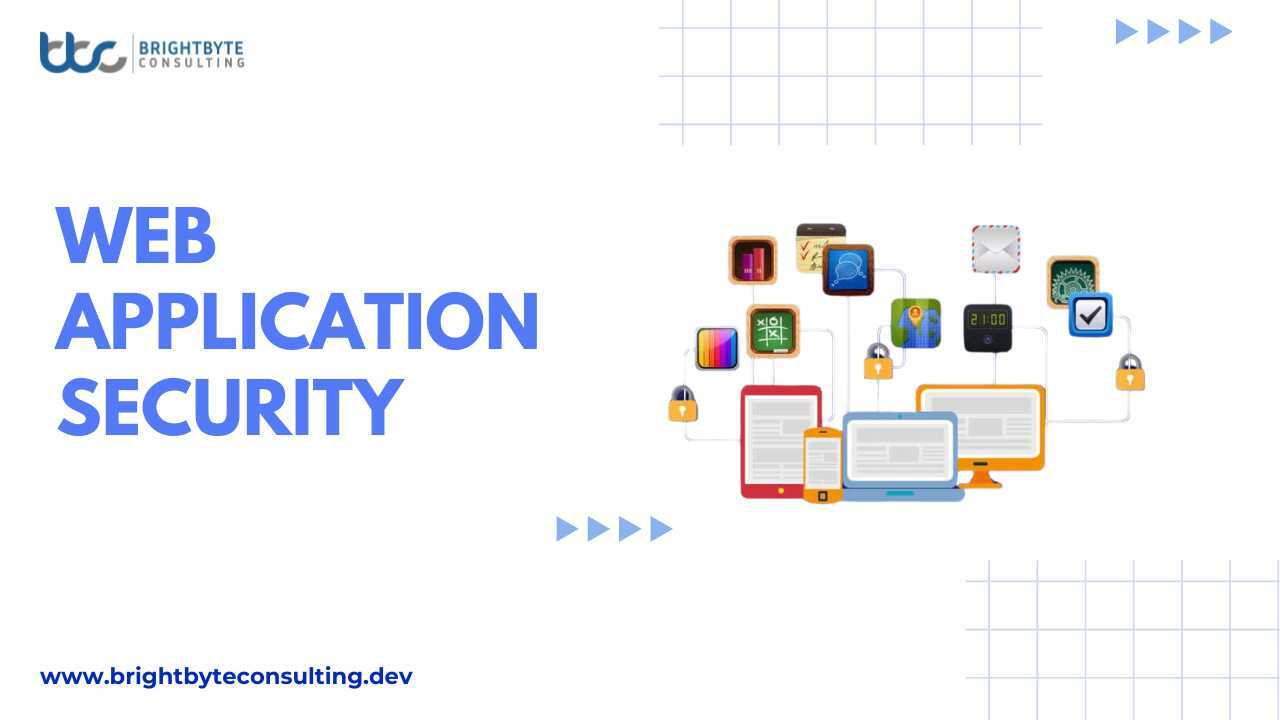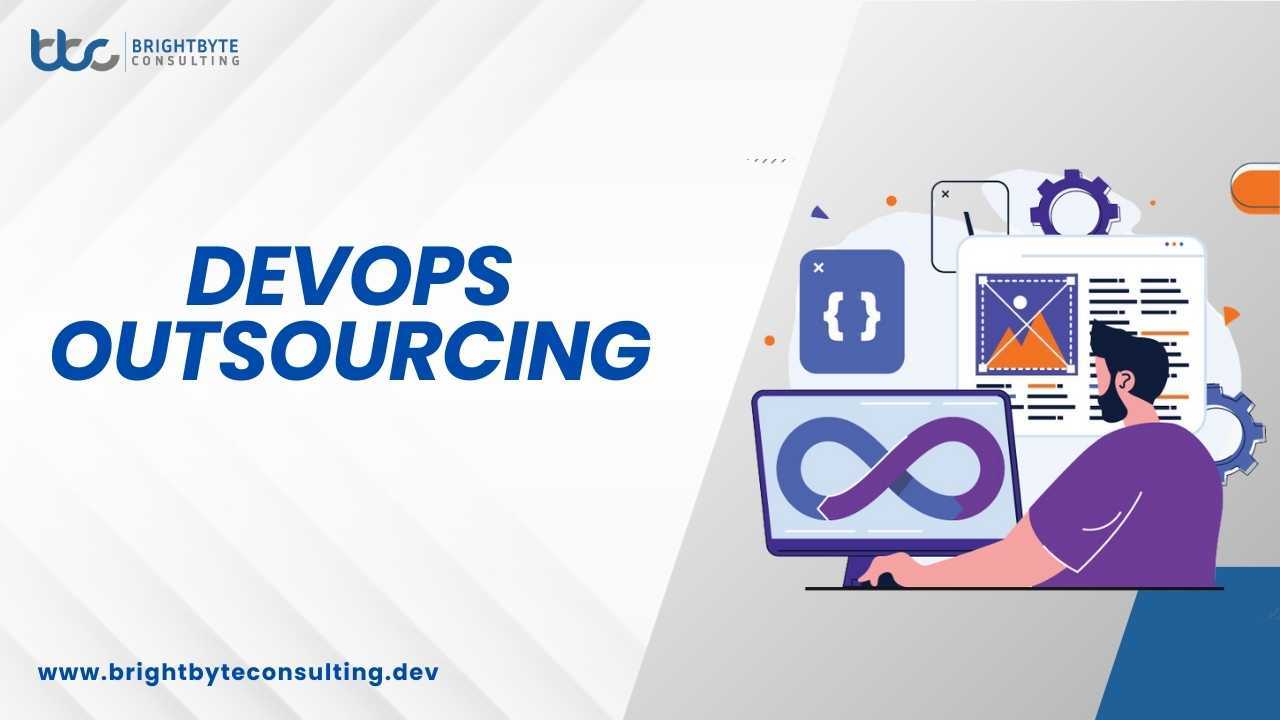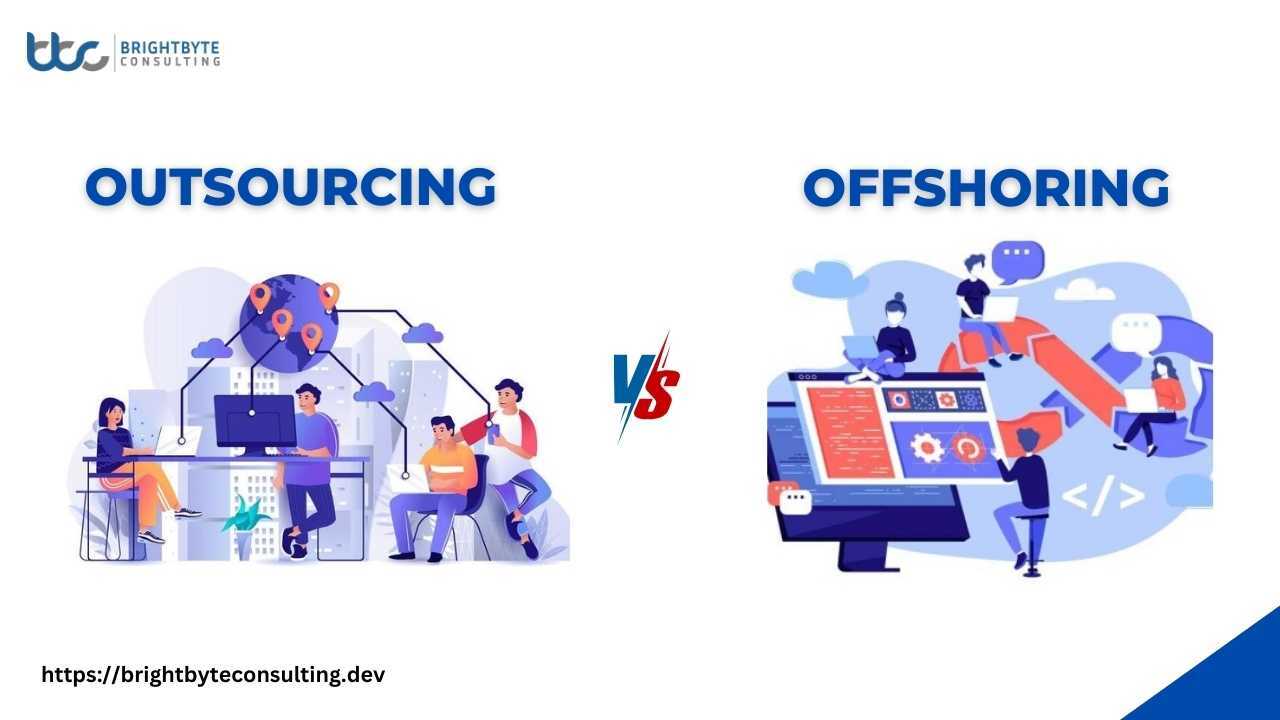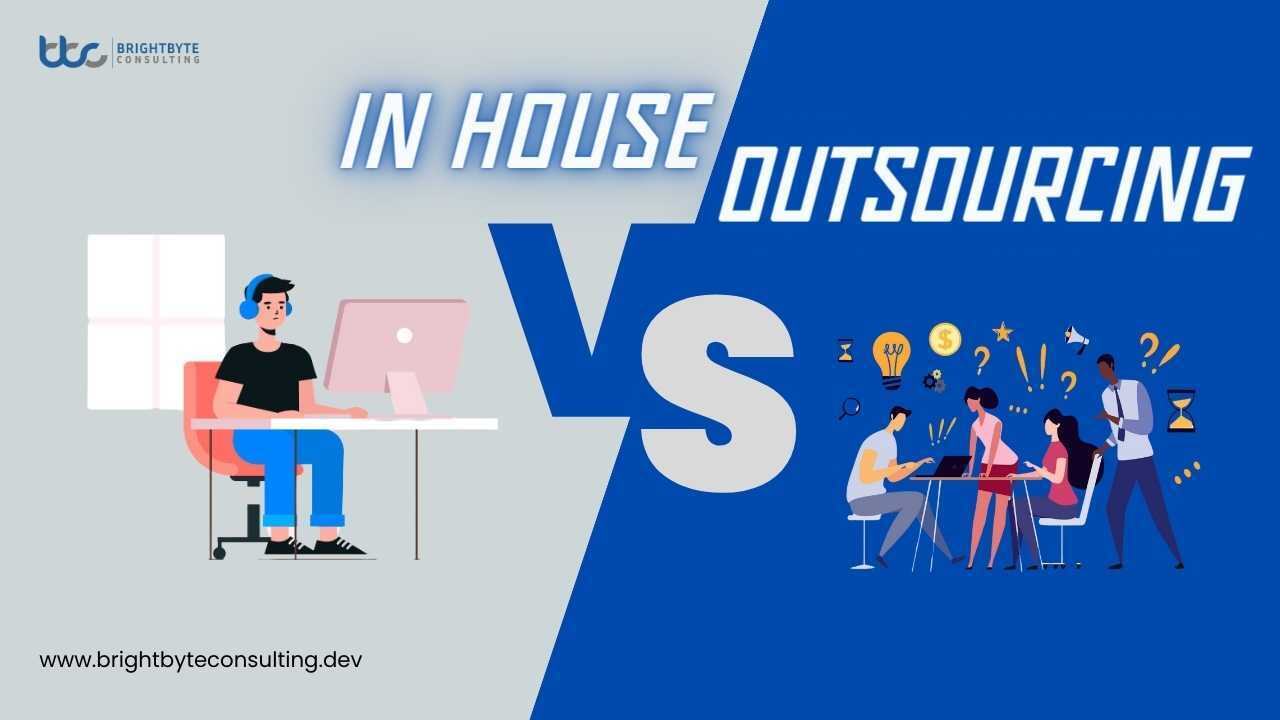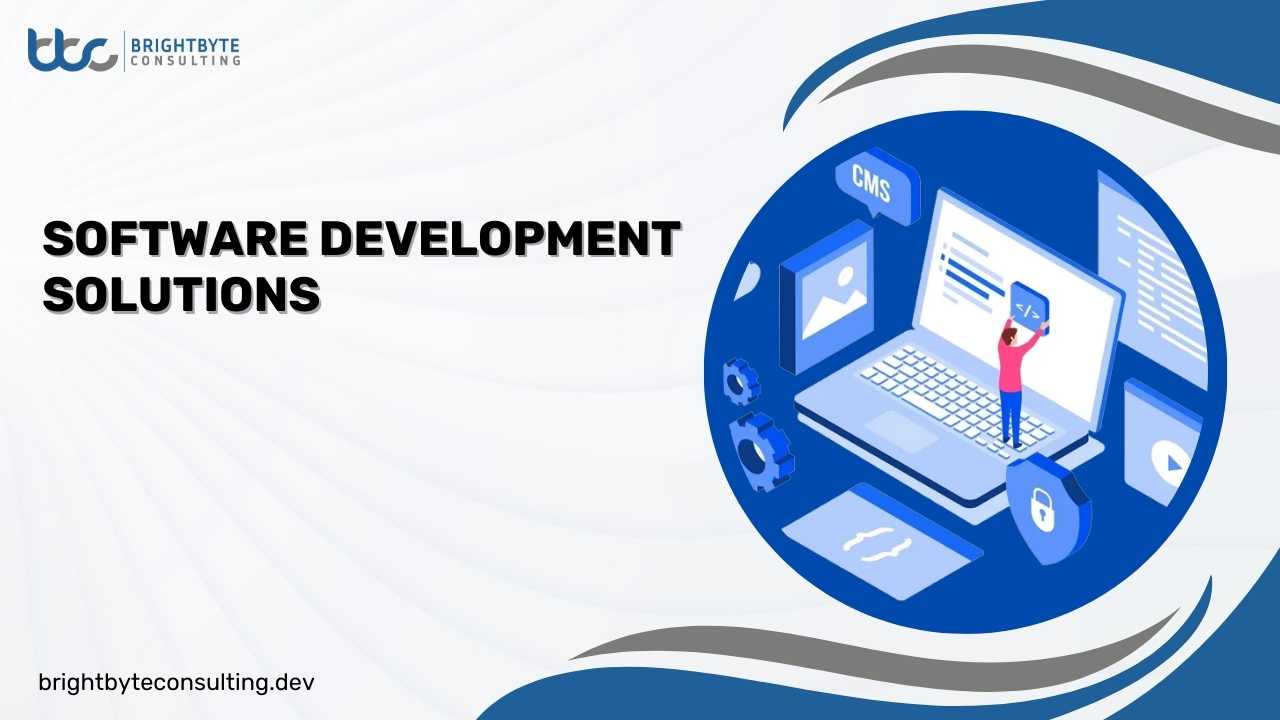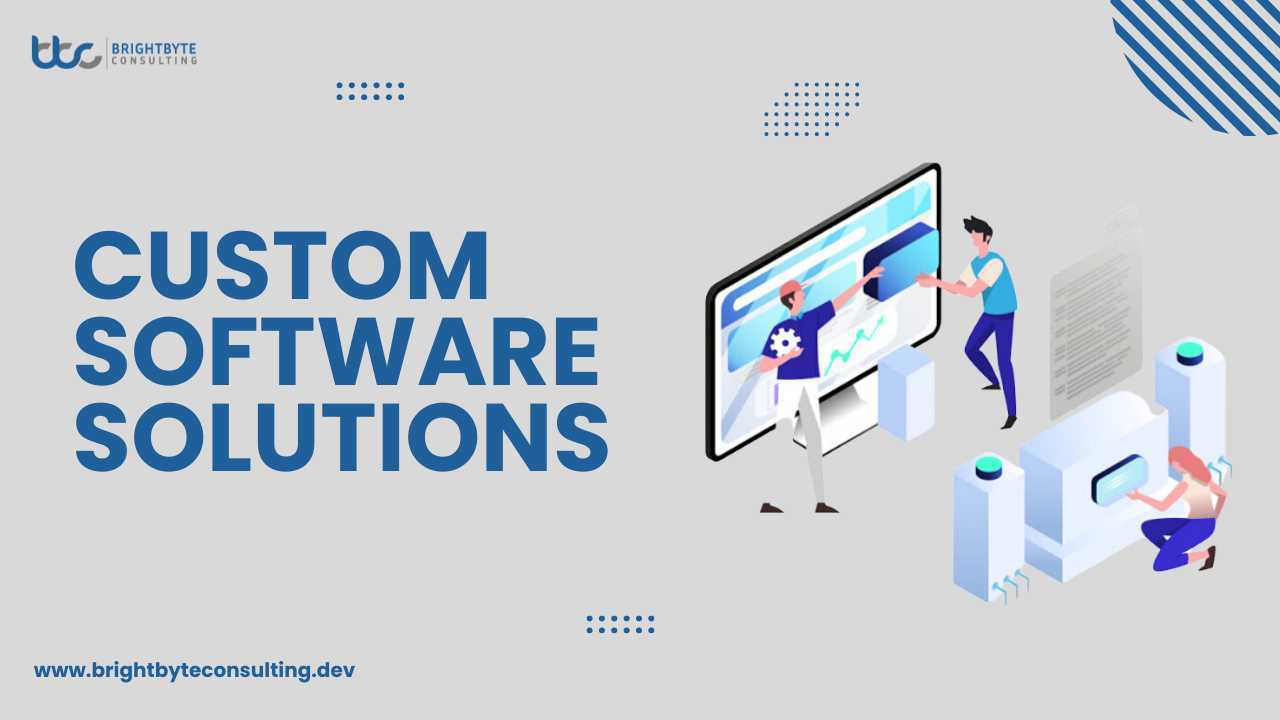Transform your business game with innovative apps, where efficiency meets simplicity, and success meets convenience. These business applications are the key to unlocking your full potential. Reflect on your last business application decision. How did you ensure it was the perfect fit for your needs? Just as choosing a car involves careful consideration, selecting the right business application is about finding a tailored solution that drives your business forward.
What Are Business Applications?
Specialized software created to meet the particular demands and specifications of a company or organization is referred to as business applications. These programs are designed to improve efficiency, productivity, and overall performance by streamlining and optimizing a variety of business processes. Applications for business can be found in many different domains and sectors, including finance, human resources, supply chain management, project management, customer relationship management (CRM), and more.
Types Of Business Applications
Different kinds of business applications serve various purposes:
Business-to-Business (B2B)
B2B apps are made to make complicated business tasks easier. They’re used by companies working together, like when one company sells materials to another. These apps can be a bit expensive.
Business-to-Consumer (B2C)
B2C apps are for regular users. Think of the everyday apps you use, like games or shopping apps. These apps make it easy for you to get things done quickly and without spending too much time or money.
Factors To Consider
Following are the factors that you need to consider when choosing a business application for your organization or company:
Business Requirements
- Identify your specific business needs and objectives that the application should address.
- Ensure that the chosen application aligns with your industry and business model.
Scalability
Assess the scalability of the application to accommodate the growth and evolving needs of your business.
Integration Capabilities
Check the application’s ability to seamlessly integrate with existing software and systems within your organization.
User-Friendly Interface
Evaluate the user interface for ease of use and ensure that employees can quickly adapt to the new application.
Customization Options
Determine the level of customization the application offers to tailor it to your specific workflows and processes.
Cost Considerations
Analyze the total cost of ownership, including initial implementation, licensing, maintenance, and potential training costs.
Vendor Reputation
Research the reputation and reliability of the software vendor. Consider user reviews, testimonials, and the vendor’s track record.
Security Measures
Prioritize the security features of the application to protect sensitive business data and ensure compliance with industry regulations.
Support and Maintenance
Evaluate the availability and quality of customer support provided by the vendor, as well as the frequency of updates and maintenance.
Training and Onboarding
Consider the training and onboarding resources offered by the vendor to facilitate a smooth transition for your team.
Mobile Accessibility
Check if the application is accessible via mobile devices, ensuring flexibility and convenience for users on the go.
Data Backup and Recovery
Assess the application’s data backup and recovery features to safeguard against data loss and system failures.
Regulatory Compliance
Ensure that the application adheres to industry regulations and compliance standards relevant to your business.
Trial or Demo Options
Opt for applications that offer trial versions or demos to allow your team to test the software’s functionality and compatibility.
Future Expansion Plans
Consider the vendor’s roadmap and plans for future updates and expansions to ensure the longevity of the application.
Advantages & Disadvantages of Business Applications
Following are some of the advantages and disadvantages of business applications:
| Advantages of Business Applications | Disadvantages of Business Applications |
| Increased Efficiency: Streamlines processes, automates tasks, and reduces manual efforts. | Cost: Implementation and maintenance costs can be substantial, particularly for customized solutions. |
| Improved Accuracy: Minimizes human errors and ensures accurate data processing. | Complexity: Some applications can be complex, requiring training for employees to use effectively. |
| Enhanced Productivity: Boosts overall productivity by facilitating faster and more organized workflows. | Integration Challenges: Compatibility issues may arise when integrating with existing systems or other applications. |
| Data Centralization: Centralizes data, making it easier to access, analyze, and share information across the organization. | Security Concerns: Business applications are potential targets for cyber threats, necessitating robust security measures. |
| Strategic Decision-Making: Provides valuable insights through data analytics, aiding in informed decision-making. | Maintenance: Regular updates and maintenance are required to ensure optimal performance and security. |
| Scalability: Can be scaled to accommodate the growing needs of the business. | Learning Curve: Employees may face a learning curve when adapting to new software, impacting initial productivity. |
| Customer Relationship Management: Facilitates better customer interactions and helps in building stronger relationships. | Vendor Dependency: Organizations may become dependent on vendors for updates, support, and bug fixes. |
| Regulatory Compliance: Helps in adhering to industry regulations and compliance standards. | Customization Challenges: Off-the-shelf solutions may lack customization options to meet specific business requirements. |
| Real-time Collaboration: Enables seamless collaboration among team members, even in geographically dispersed locations. | Downtime: Technical glitches or system failures may lead to downtime, affecting business operations. |
| Competitive Advantage: Using advanced applications can give a competitive edge in the market. | Resistance to Change: Employees or management may resist changes in established processes or workflows. |
Conclusion
In the realm of business technology, choosing the right applications is akin to selecting the perfect vehicle for your journey to success. Whether streamlining intricate B2B processes or offering user-friendly B2C solutions, these digital tools are the driving force behind efficiency. Understanding types like B2B collaboration and B2C task simplification is crucial. However, the journey extends to factors like scalability, integration, and user adaptability. Considerations for cost, security, and vendor reliability play pivotal roles. So, choose wisely, adapt seamlessly, and let your business thrive in the age of innovation.
FAQs
What is the role of business applications in organizational success?
Business applications play a pivotal role in enhancing efficiency, streamlining processes, and fostering growth within organizations.
How do business applications empower technology in a business context?
Business applications empower technology by providing tailored solutions that meet specific organizational needs, driving success through innovation and productivity.
What types of business applications contribute to organizational empowerment?
Various types, including B2B and B2C applications, contribute to organizational empowerment by simplifying complex tasks and enhancing user experiences.
How can organizations leverage tech empowerment through strategic application choices?
Organizations can leverage tech empowerment by strategically choosing scalable, user-friendly, and integrated business applications that align with their goals.
What considerations are crucial when adopting business applications for success?
Considerations such as scalability, integration capabilities, cost-effectiveness, and user adaptability are crucial when adopting business applications for organizational success.
Why is adaptability a key factor when selecting business applications for empowerment?
Adaptability ensures that business applications can evolve with changing organizational needs, maximizing their long-term impact on success.
How do business applications contribute to competitive advantage in the market?
Business applications offer a competitive advantage by enhancing efficiency, facilitating real-time collaboration, and enabling strategic decision-making.
Can business applications be customized to meet specific organizational requirements?
Yes, many business applications offer customization options, allowing organizations to tailor solutions to their unique workflows and processes.
What role does user-friendly interface play in the success of business applications?
A user-friendly interface is essential as it ensures quick adoption by employees, leading to enhanced productivity and seamless integration into daily operations.
How do business applications align with the broader concept of tech empowerment in the business landscape?
Business applications align with tech empowerment by serving as catalysts for innovation, growth, and overall organizational success in today’s dynamic business environment.


